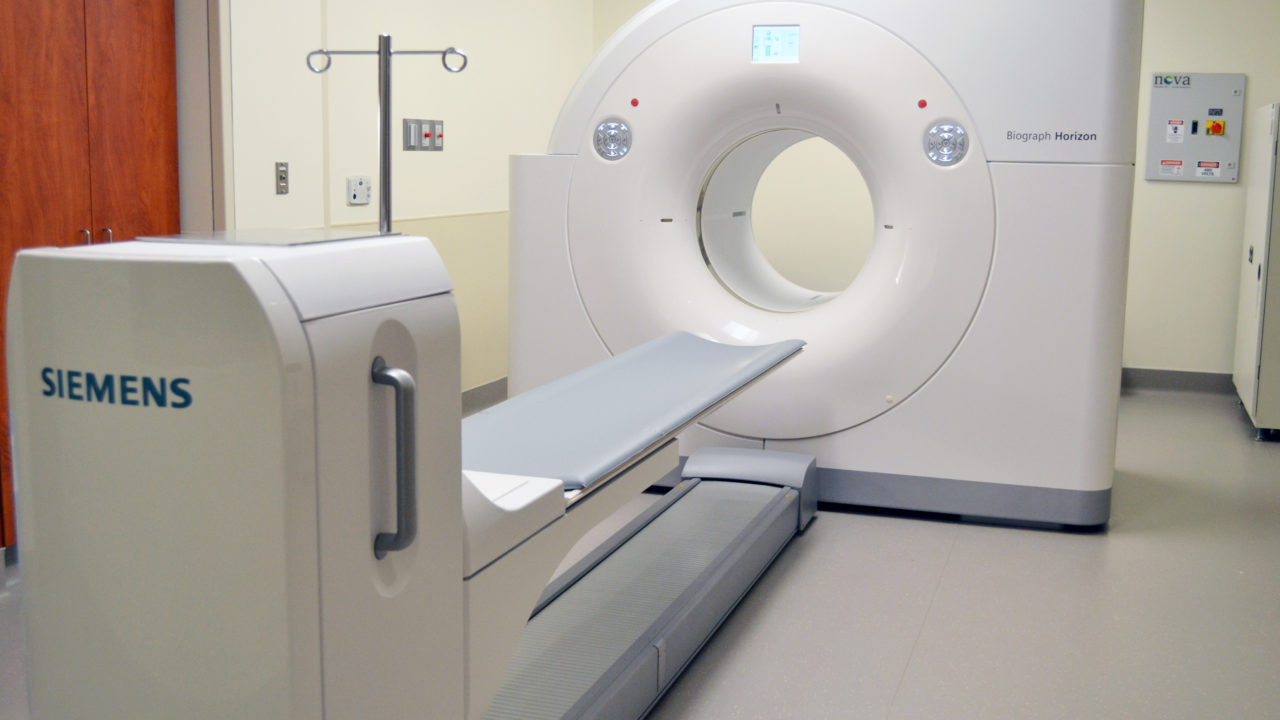Houston Methodist Clear Lake Hospital unveils new TrueBeam linear accelerator for state-of-the-art cancer treatment
Houston Methodist Clear Lake Hospital has installed a new radiation therapy system, which integrates imaging, beam delivery, and motion management to give physicians unmatched control of radiation therapy. “This is a major step forward in cancer treatment,” said Twisha Verma, M.D., radiation oncologist at Houston Methodist Cancer Center at Clear Lake. “The new system allows us to limit side effects and reduce the impact on surrounding tissue while improving the delivery of radiation. It actually...


